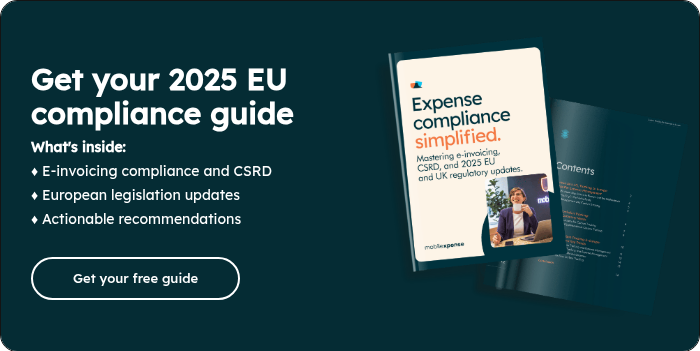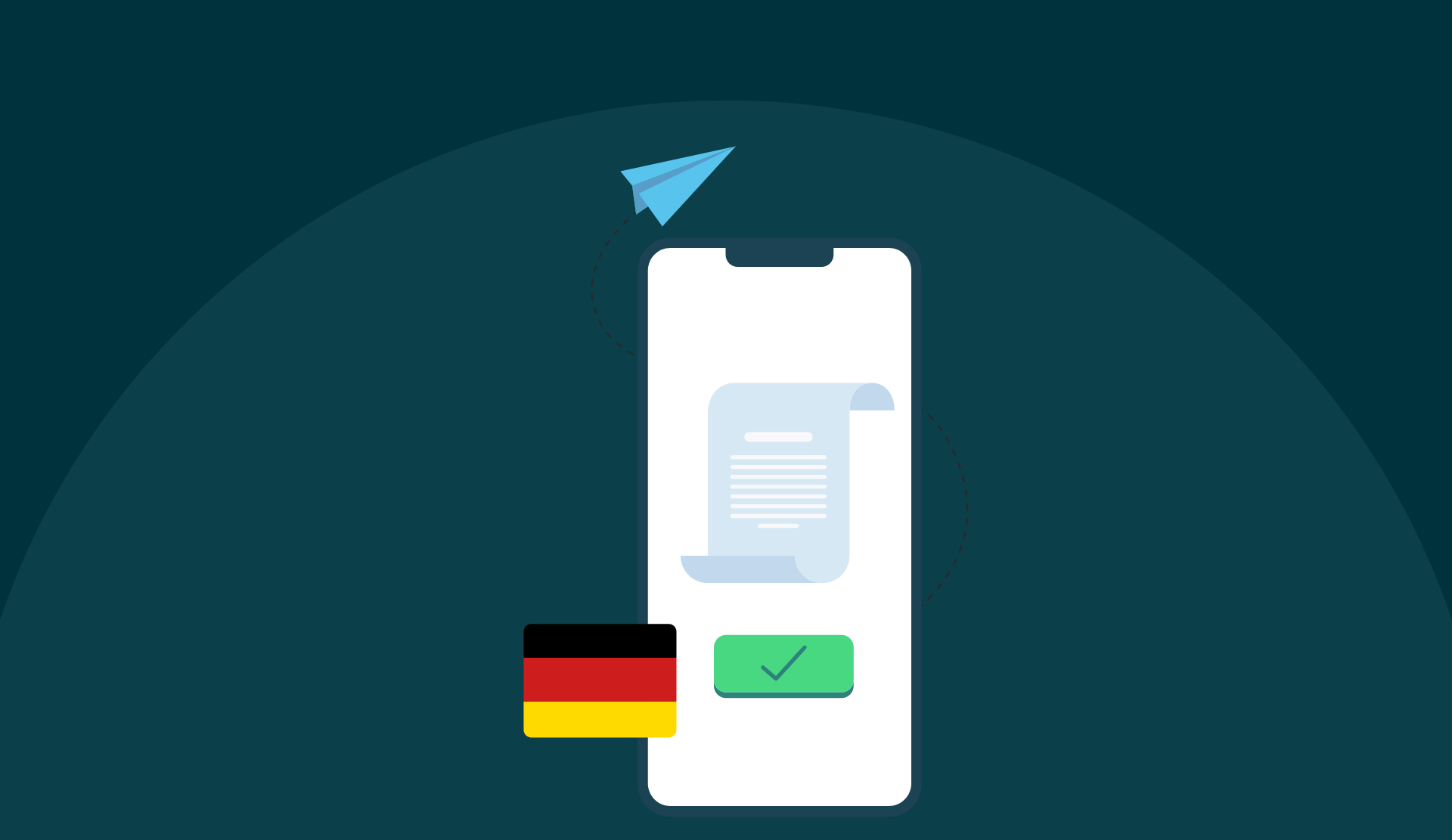VAT Rates, Daily and Mileage Allowances and Paperless in Slovak Republic
VAT rates in Slovak Republic
Slovak Republic imposes Value Added Tax (VAT) at different rates as follows for various goods and services.
1. Standard rate - 23%
The standard VAT rate is applicable to all taxable goods and services in Slovak Republic, except when a specific measure allows for a reduced rate.
2. Reduced rate - 19%
Some foodstuffs; some pharmaceutical products; books (excluding e-books); hotel and accommodation; Food and beverage serving services - only restaurant and catering services
3. Reduced rate - 5%
Printed books, newspapers, spectacle lenses of glass;
4. Zero rate - 0%
Intra-community and international passenger transport.
Source: https://www.mfsr.sk/en/taxes-customs-accounting/indirect-taxes/vat/

Daily allowances in Slovak Republic
Employees of companies traveling for business may be entitled to per diem allowances, as outlined below:
Domestic Daily Allowance
| Time band | 01.12.2025 |
| Less than 5 hours | €0,00 |
| 5 to 12 hours | €9,30 |
| 12 to 18 hours | €13,80 |
| 18 hours | €20,60 |
Source: 280/2025 Z.z. - Oznámenie Ministerstva práce, sociálnych vecí a rodiny Slovenskej republiky o sumách stravného
Foreign daily allowance
| Time band | Rate in € |
| 0 – 6 hours | 1/4 per diem |
| 6 – 12 hours | 1/2 basic rate |
| Over 12 hours | Full rate |
Meal deductions
| Meal | Deduction |
| Breakfast | 25% |
| Lunch | 40% |
| Dinner | 35% |
Deduction is always done from full amount.
Mixed trips
The domestic parts and foreign parts of a trip are calculated separately in a calendar day. Domestic and foreign parts of a trip are to be calculated separately as 2 independent trips and meal deductions should apply on each segment.
If a trip is comprised of traveling to more than one foreign country, the system calculates the daily reimbursement by using the per diem for the country in which the employee stayed the longest time in that day, and the total hours in all countries. For the foreign parts of the travel, the highest rate of the longest stay for the entire travel time is considered.
If the employee spends the same number of hours in several countries on a calendar day, the employer shall provide the meal allowance in euros or in a foreign currency so that it is more advantageous for the employee.
In addition, an employer sending an employee on a foreign business trip may provide him with some pocket money in the relevant foreign currency. The amount can be up to 40% of the value of the full or reduced (if applicable) daily meal allowances for the country of destination. The full amount of pocket money is taxable income for the employee.
Source: Slov-Lex
Mileage allowances in Slovak Republic
The amount of the basic compensation for each 1 km of driving as of June 1st, 2025:
| Engine | 01.01.2026 |
| Passenger road motor vehicles | €0,313 |
| Two-wheeled vehicles, three-wheeled vehicles and quadricycles | €0,090 |
Electronic archiving and retention period in Slovak Republic
(3) A taxable person is required to ensure the authenticity of the origin, the integrity of the content and the legibility of an invoice from the point intime of issue until the end of the period for storage of the invoice. The means of ensuring the authenticity of the origin, the integrity of the content
and the legibility of the invoice may include:
a) business control mechanisms which ensure the creation of a reliable audit trail between an invoice and documents concerning a supply of goods
or services;
b) a qualified electronic signature pursuant to a separate regulation29) or relevant legislation applicable in another Member State governing the use
of a qualified electronic signature;
c) an electronic data interchange, where the agreement relating to the exchange provides for the use of procedures guaranteeing the authenticity of
the origin and the integrity of the data content;
d) other means to ensure the authenticity of the origin and the integrity of the content of an invoice.

Share this
Looking for more?
Explore our recent blog posts

5 Signs You Need an Alternative to Bank Cards for Expenses

Per Diem Rates Table 2026 for Germany and International Travel
/Listing%20Images/The%20rise%20of%20AI%20+%20ML_Listing%20Image.png)
8 Key Things to Consider Before Adopting an Expense Solution in 2026
/Listing%20Images/Higher%20Tax-Free%20Mileage%20Allowance%20From%202023%20in%20the%20Netherlands%20%E2%80%93%201.png)

